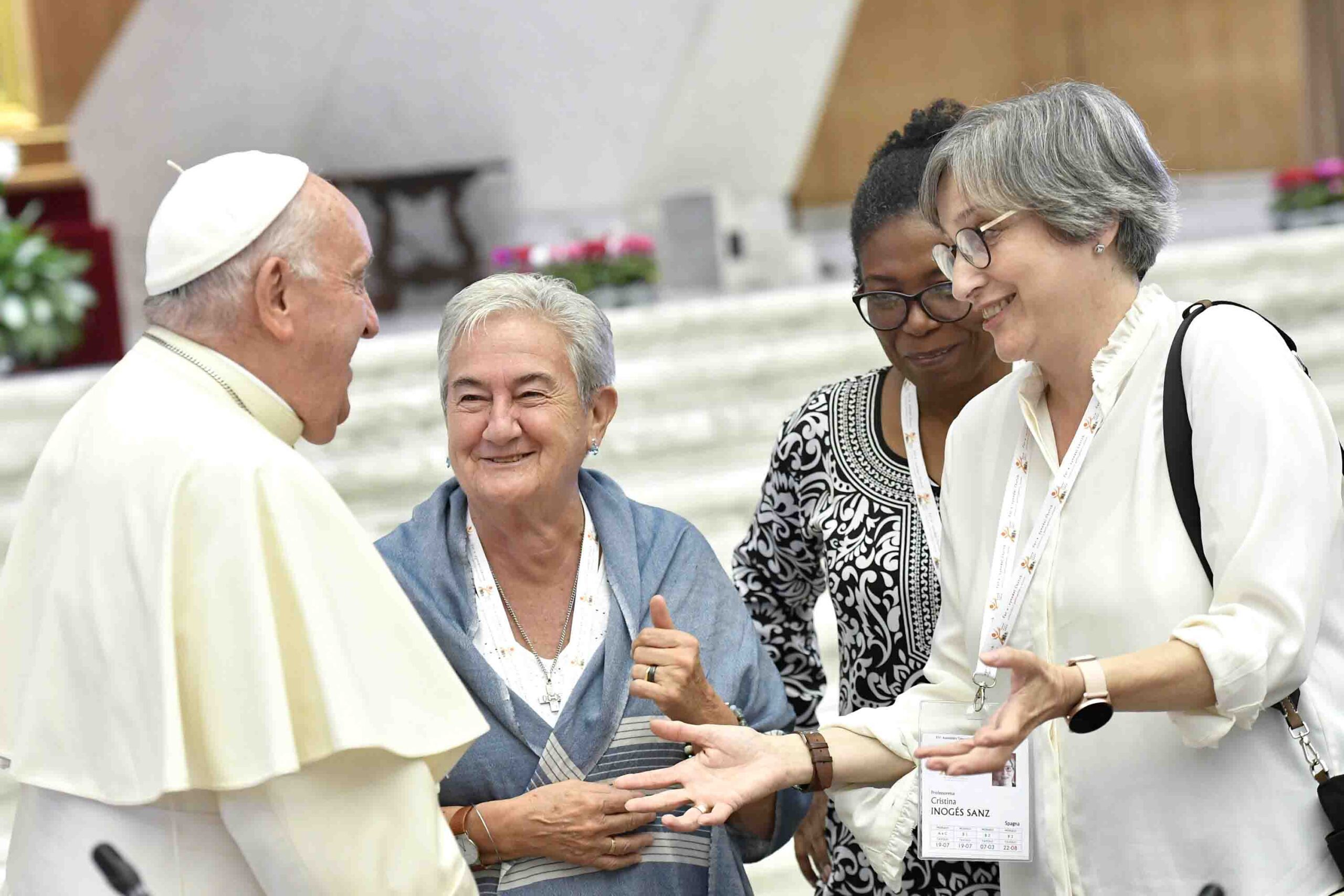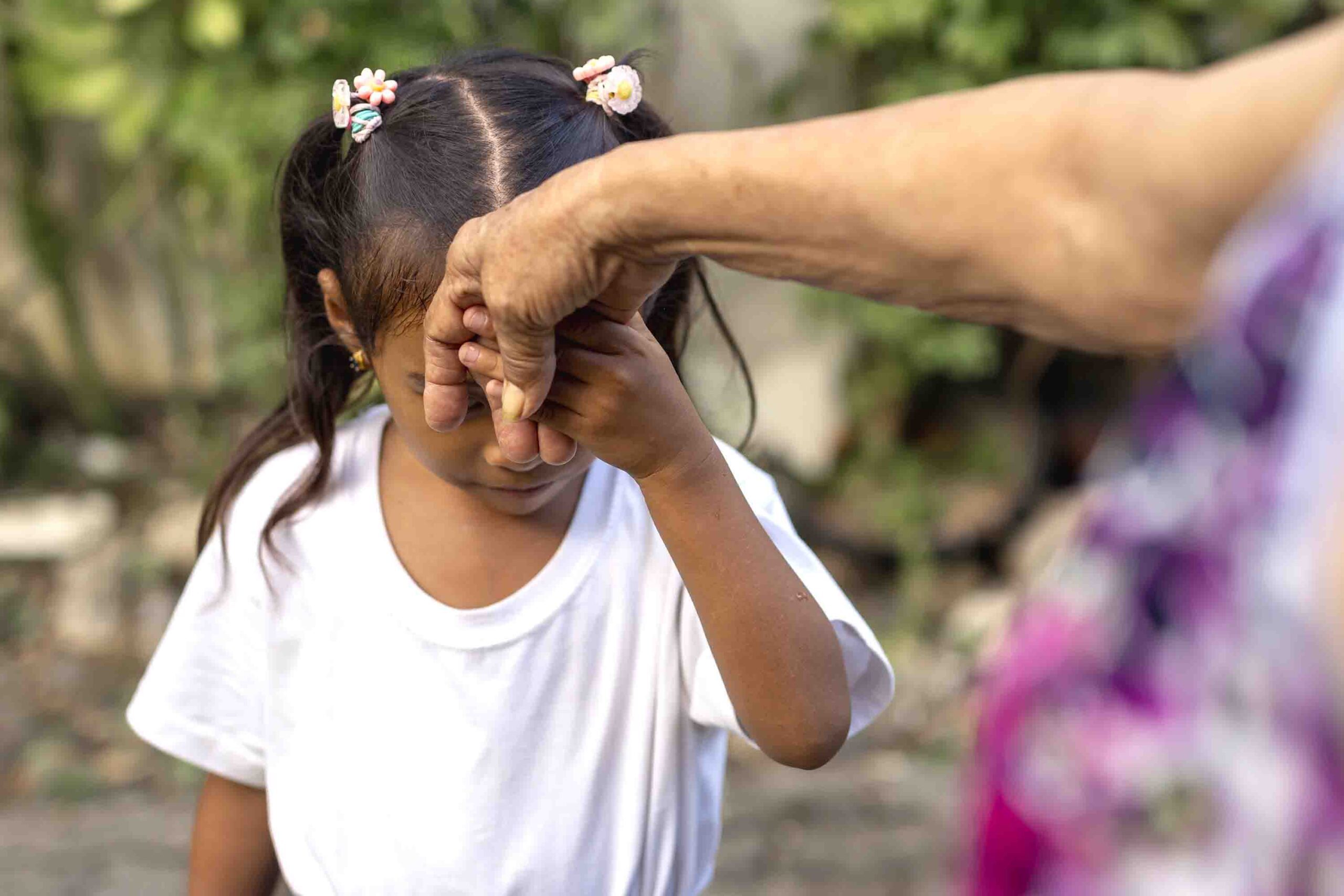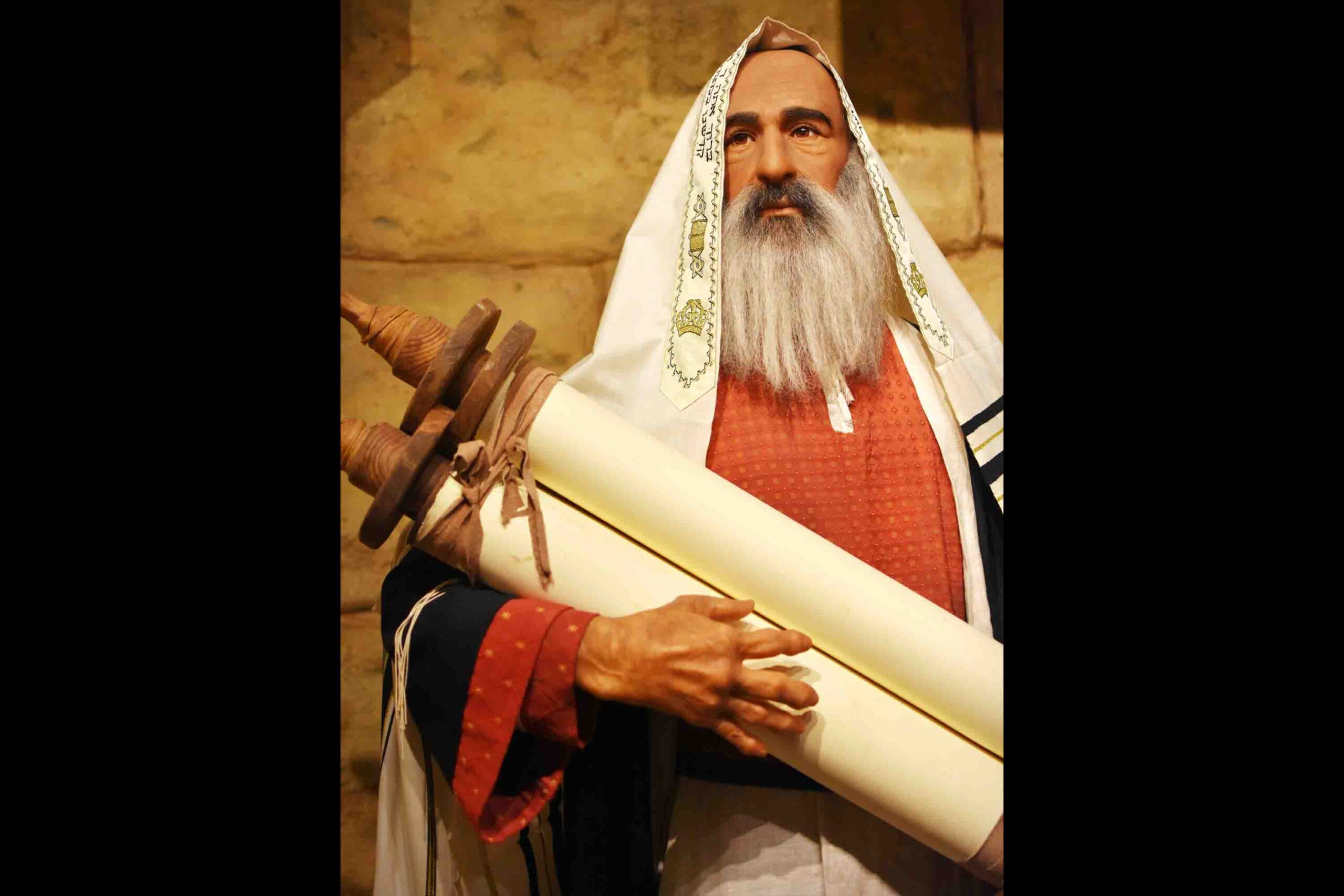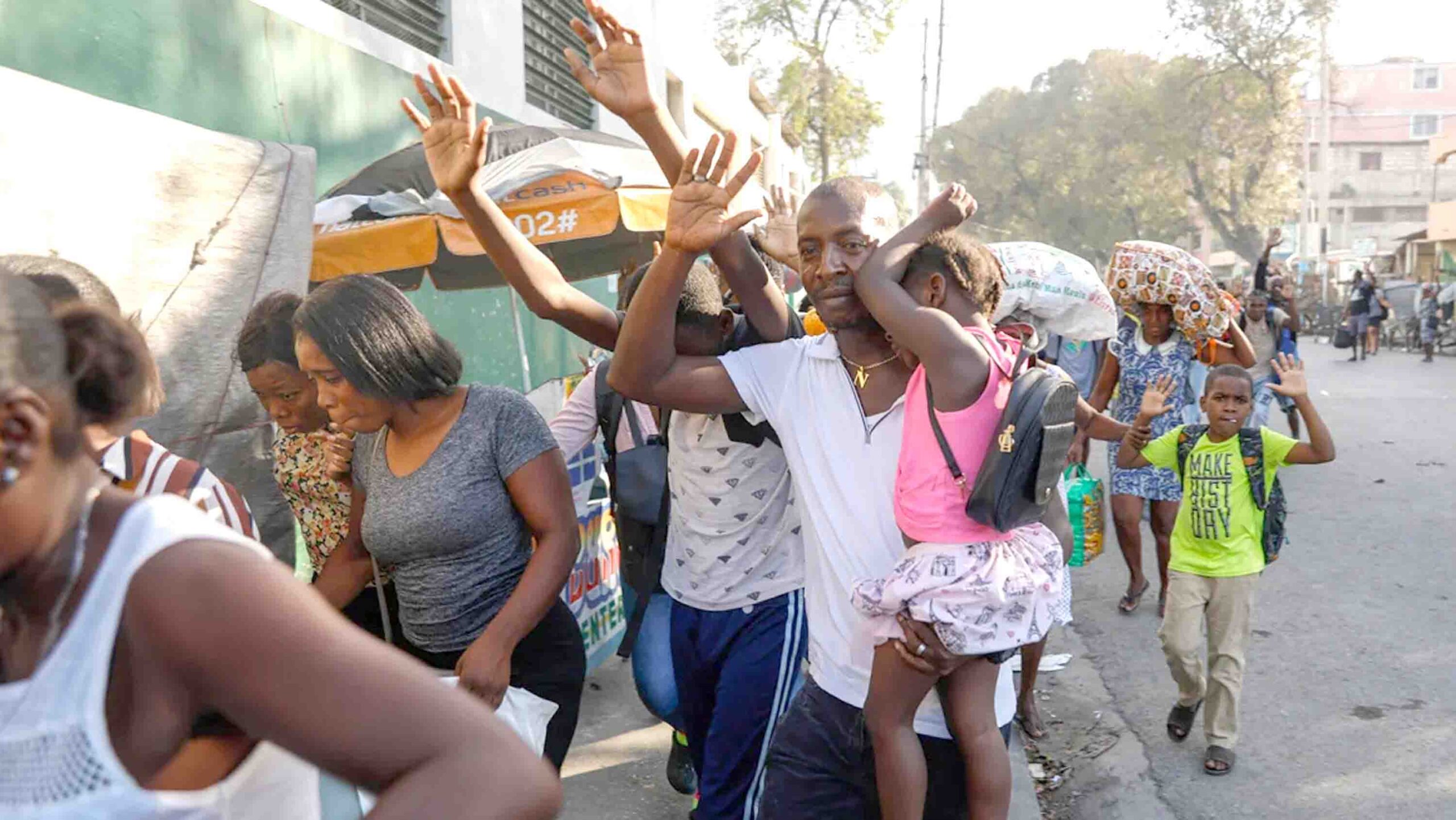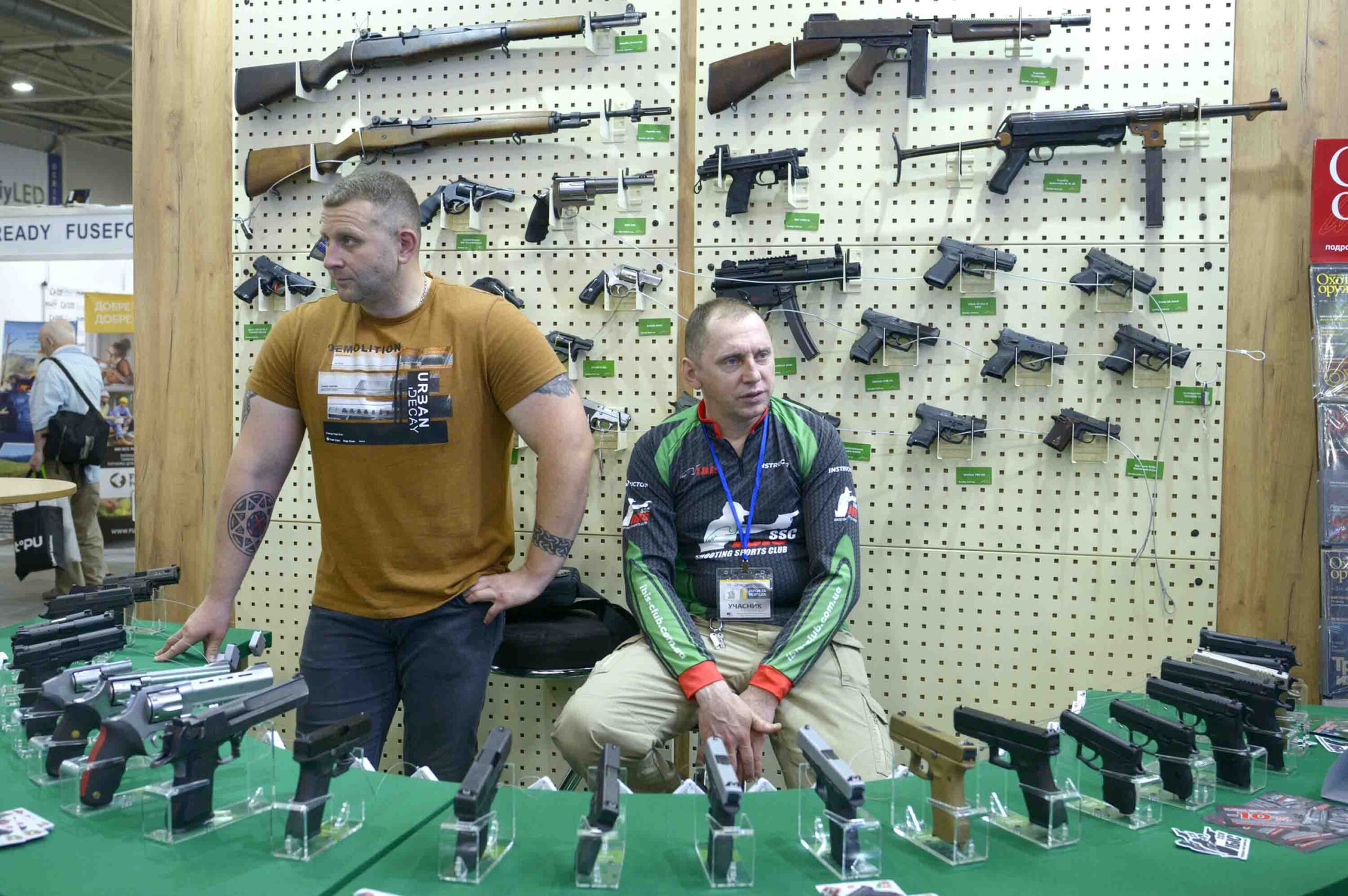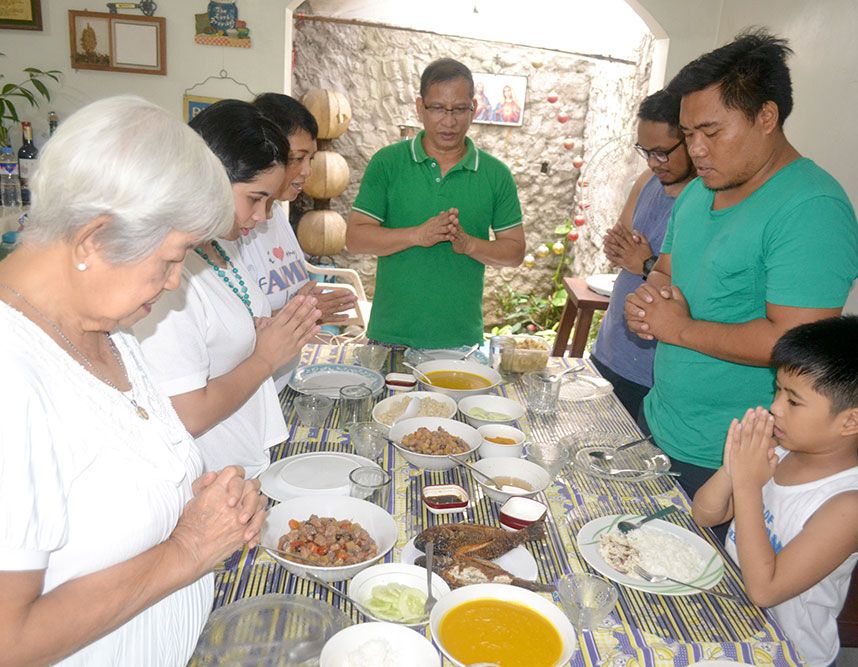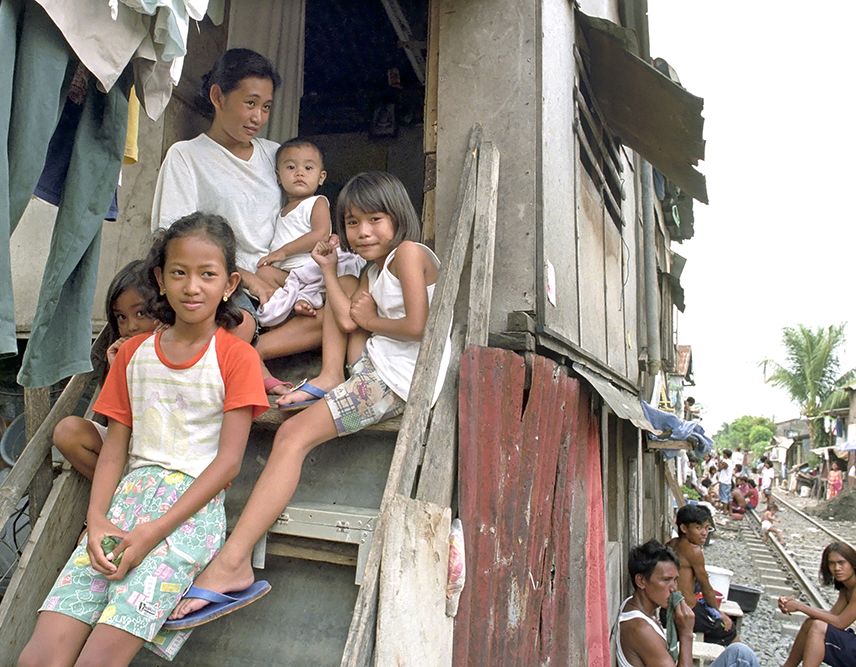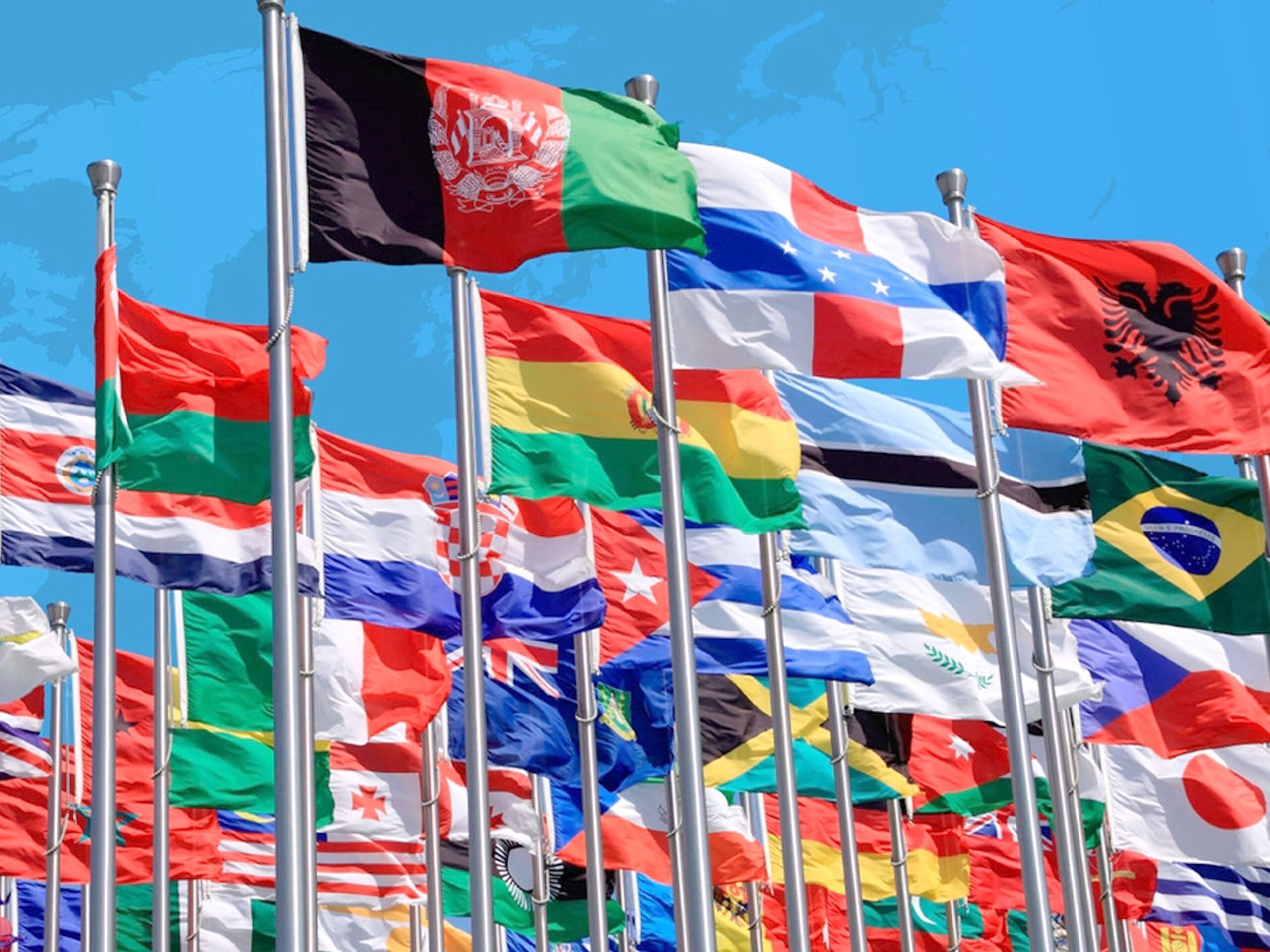What do you think about the Synthesis Report produced at the end of the Synod?
In terms of practical things, it provided a lot of pathways so we can start doing something. Its style is “Convergences,” which is what we agreed upon. Then, matters for “Consideration” and “Proposals” will be sent to the local churches. So, we hope to come back here next year, reflecting the lived experiences, opinions, and discernment of the local churches back in the Philippines. For me, the Synthesis is not final; it is definitely up for consultation and even deeper listening from the local churches. In the Synthesis, the Church of the Poor is very clear; the importance of women and their role in decision-making and social issues are also crucial as this Synod was happening in the midst of a war. As a pastoral worker, I am excited about the life of the Church, not the document. So, this one reflects on what we talked about. It has provided not only pathways to continue the consultation but also pathways for actions. To me, the Church is what happens in people’s lives, especially at the grassroots level because my background is BEC (Basic Ecclesial Communities). As a witness to the whole synodal process from below, what I really looked at was the decision-making processes, because that is my interest. For me, the Synod is a decision-making process, so that’s what I really looked at: the various ways that decision-making can become even more participatory, even more consultative, and even more listening to the voices that are silent.
The Synod on Synodality wants the Church to become more welcoming to people. How will this issue be addressed at the local Church level?
This was recognized in the national report and reflected in the diocesan reports, the sectors that we have not listened to. I am happy that the dioceses consulted many sectors, as stated in our national report: farmers, fisher folk, out-of-school youth, construction workers, politicians, barangay officials, LGBTQ, and single parents. For me, the BEC is the structure to reach out to them. Every BEC must listen to the voices that are not heard. Our synodal planning in the parishes and dioceses must return to these sectors. Not just once for an inter
view in preparation for the Synod. How do we engage them here in being Church and being a synodal Church? That’s the big challenge.
In the Synod press conferences, the questions always revolved around women’s ordination, more outreach to the LGBTQ community. Are these issues also a concern of the Churches in Asia and the local churches?
I recognize these as legitimate concerns, the issue of women and LGBTQ. The diaconate for women definitely, theologically, I don’t see any problem. Pastorally, it is also something we need to look into because there is a lot of ministry done by women at the grassroots level. My biggest issue is that the ministries should be recognized and be lifted up. The name LGBTQ was dropped even if it is in the national and continental reports and in the Instrumentum Laboris (working document). So, leaving out a name is leaving out a face. But the deeper issue is there.
What can the Philippines offer in terms of practices or personal experiences?
We can offer our experience of the BEC, which is our way of being Church. The structure is participatory and the decision-making process is consultative. In the BECs, we practice Bible sharing together with consultation and discernment. I wonder if the parish councils actually do communal discernment with their parish priests. In the Philippines, our leadership approaches are very relational; it’s very important to think of ministry as relational or leadership as relational. That is where change happens. In the Philippines, our cultures are relational, and this is an important aspect worth integrating into mainstream pastoral strategies. With the pandemic, many new ministries sprang up, such as the mental health ministry and the listening ministry. We need to integrate them.
As a layperson and woman who was invited to participate and even given voting rights, did you feel part of this Synod? Was there a welcoming atmosphere?
My first question when I arrived was, “Are there sitting arrangements here?” We were allowed to sit anywhere, which has been the synod’s spirit. It’s a very open spirit. I can never say I felt I was hindered from speaking or not listened to. Everyone can speak, whether you are a cardinal or a layperson. You all have the same amount of time to speak.
What was the biggest stumbling block during the Synod?
My worry is when we return to the parish, to the first meeting of the parish council or diocesan council, we will go back to what we are used to doing. It is not easy to change habits and culture. The change process is long. The synodal way collides with habits or patterns of clericalism.
In some sectors of the church, the concern was that the timeless teachings of the Church would be changed. This was reflected in the Synthesis Report. As a theologian, how do you address this concern?
That is the biggest issue here. Some can look at tradition as unchanging. Others look at tradition as living. Of course, as a theologian, I look at tradition as a living tradition because God is a living God. We really need to see how tradition develops. Maybe it is not clear to us what we mean by deposit of faith that is not changed. I know tradition/living tradition changes because God continues to be alive and speaks to us through the signs of the times. We need to be sensing what God is saying to us at this time, in this season. That’s what I think builds up a tradition. We have different views. For example, in our small groups, someone said, “The Pope has closed the discussion on this.” The other side said “No, the Pope has opened the discussion on this.” So the views are really different. That’s why maybe the biggest thing in the Synod is communal discernment. Let’s listen to each other.
How did your experience of attending the Synod change you? How did this experience transform you?
The diversity of the Church is so evident in this ecclesial event. At every sharing session someone will say, “Wait, it’s not like that in our culture. It’s not like that in our country,” and it’s not really like that in our country either. So which country won? That’s why decision-making at the local level is so important to me. The lived experience at the local level will be the determining factor in the synodal renewal that we all aspire for. As a theologian, I have been wondering how a diverse community comes up with a common direction. So, for me, the big learning is really communal discernment, which is really opening up oneself to listening in an authentic way to another world. Don’t shy away from listening because you have to make a decision, don’t shy away from consultation because you need to make a decision together. At a certain point, women wanted to come up with a statement but later we decided not to because the Synod was coming up with a statement and we do not want to separate ourselves. It’s not about position, it’s not about power, it’s really about the Church walking with humanity. That’s the big thing for me. That’s also what I see that needs to be watched out. Being inward-looking, that’s what comes back again and again. Whatever position or structure we need to change, it has to be mission-oriented, which is clear to me.
What was the experience of meeting the Holy Father in person?
He has a certain sense of welcome, really. You don’t know if he’s used to meeting people but he has just a smile for you. Doesn’t he get tired? Smiling at everyone and reaching out? He keeps saying “Pray for me.” He’s a different spiritual leader–so welcoming, so open, so smiling–but you know he’s also very keen. He started this whole process, can you imagine? Changing the whole way we look at the Synod into something we see today. So even if you are smiling and calm, you know that it is very critical and, indeed, a catalyst, a change agent. The strategy is how to do that with maximum impact and less authority or less power. His welcome and quiet hide a very critical mind for change, and to follow that through until today is something that we need to look up to as a leader.




